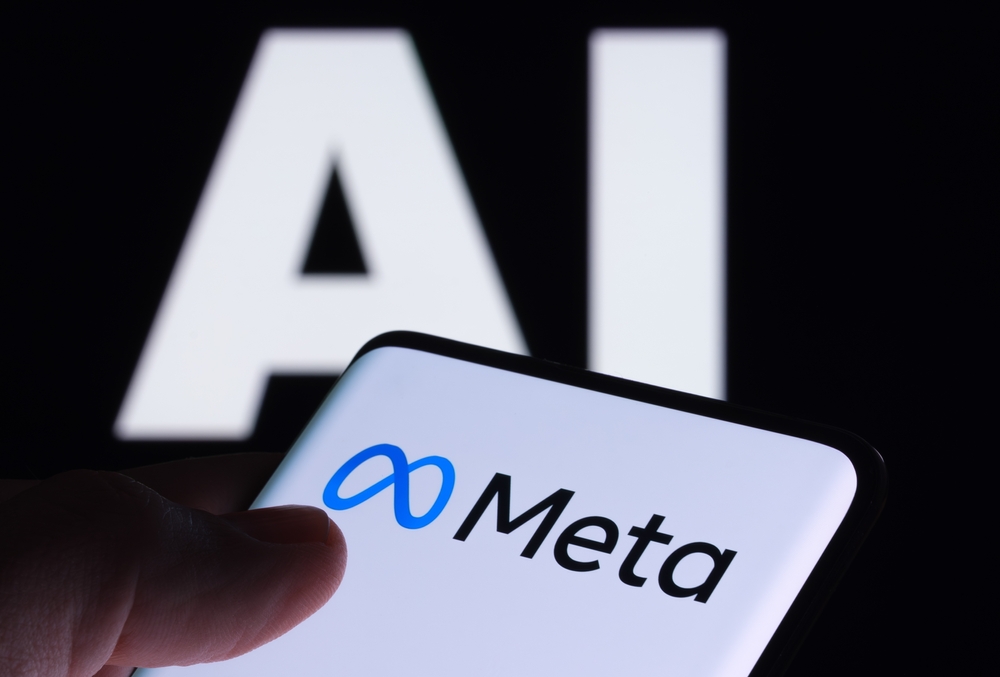Meta has announced that it is testing facial recognition technology to fight fraudulent ads using celebrity images. The new feature will also be applied to Facebook and Instagram to detect fake celebrity accounts designed to deceive users. This initiative aims to enhance platform security and protect both users and public figures from fraudulent schemes.
Strengthening Anti-Fraud Tools with AI
As reported by TechCrunch, Meta’s goal is to strengthen its existing anti-fraud measures, including automated machine-learning scans. These scans automatically review ads on Facebook and Instagram to identify suspicious activity. When an ad is flagged, the verification process begins, comparing the account’s profile images with those in the ad.
Monika Bickert, Meta’s vice president of content policy, explained that scammers frequently use images of well-known personalities, including bloggers and celebrities, to attract users to fraudulent websites. These sites often seek to extract personal data or payments from unsuspecting individuals. “This tactic, known as ‘celeb-bait,’ violates our policies and harms users of our products,” Bickert wrote in the company’s blog. Meta’s policy ensures that once a match between an ad and a celebrity photo is confirmed and deemed fraudulent, the ad will be blocked to protect users from scams.

Meta emphasizes that its facial recognition technology is only used to address fraudulent ads. Once the verification process concludes, all images—whether or not a match was found—are deleted. They will not be used for any other purpose. Initial testing of the technology with a limited number of public figures has shown promising results, with improvements in both speed and effectiveness in identifying and blocking fraudulent ads.
In addition to these efforts, Meta is also considering applying facial recognition to detect deepfake advertisements created using generative AI tools. The same technology is being tested to detect fake celebrity accounts designed to mislead users, further expanding its utility.
Notifications for Public Figures and New Verification Options
Over the next few weeks, Meta will begin sending in-app notifications to public figures whose images have been used in fraudulent ads. These notifications will inform them that they have been automatically enrolled in Meta’s protection system. Public figures, however, retain the option to opt out at any time through the Account Center if they prefer not to participate in the program, notes NIX Solutions.
Meta is also exploring additional uses of facial recognition to enhance account recovery processes. A new feature under testing allows users to submit video selfies to regain access to blocked accounts. This method is intended to make the recovery process smoother and faster than the current requirement of uploading a photo ID.
According to Meta, “Video selfie verification expands the possibilities for account recovery, takes only a minute, and is the easiest way to confirm your identity.” This method is similar to Apple’s Face ID, offering a convenient way for users to verify their identity without unnecessary delays.
A Step Towards Safer Platforms
Meta’s efforts reflect its commitment to strengthening user protection across its platforms. As it continues to refine its facial recognition technology, the company aims to ensure a safer environment for both regular users and public figures. The ongoing tests, which include detecting fake accounts and exploring new methods for account recovery, signal Meta’s intent to stay ahead of emerging fraud tactics.
We’ll keep you updated on further developments as Meta expands these features and implements additional safeguards.
